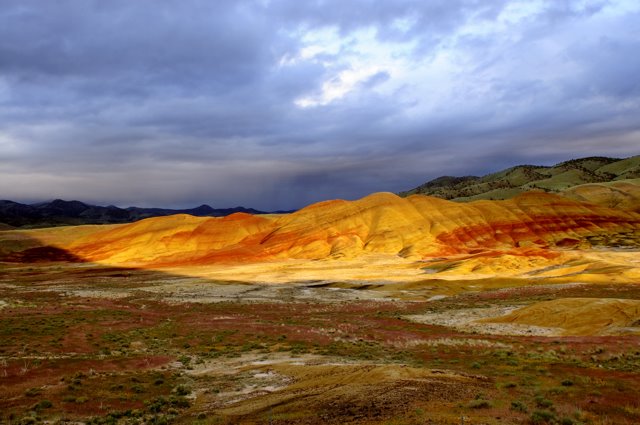The NEX -3 model is least expensive and is made of polycarbonate materials while the NEX - 5 cost more and is constructed of magnesium.
Here's what Sony says about these cameras on their website:
Revolutionary design.
To create a camera with DSLR performance combined with portability that rivals compact digital cameras, Sony incorporates a huge image sensor into a compact frame. The result: an interchangeable lens digital still camera that makes it possible to capture professional-grade pictures without the extra size and weight of standard DSLR cameras.
Add the ability to shoot astonishing low-light pictures, gorgeous HD movies and simplicity of use, and the new α NEX-5 and NEX-3 cameras make it easier than ever to capture your vision.
Take amazing photos.
Introducing the interchangeable lens camera that doesn't change your lifestyle. Now you can experience the performance of DSLR without the size and weight. Packed with innovative features, Sony α NEX cameras include a tiltable LCD, Auto HDR, Anti Motion Blur, continuous shooting up to 7 fps, and Live View on a tilting 3.0" LCD.
Don't miss the chance to get those Fall colors, order yours today.

No comments:
Post a Comment